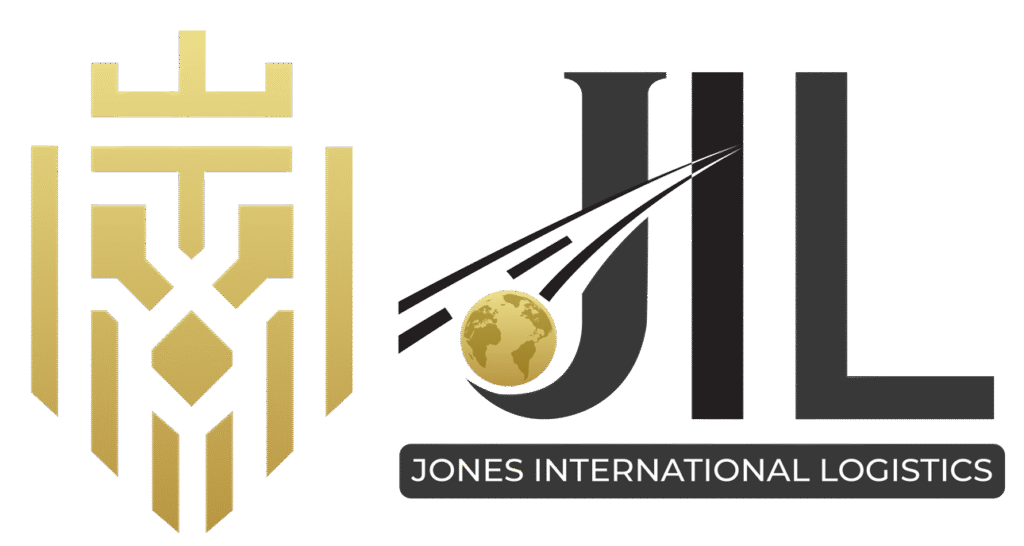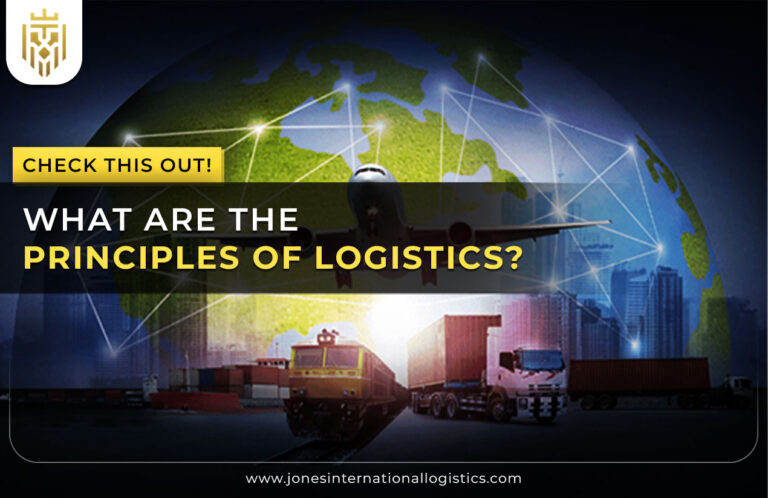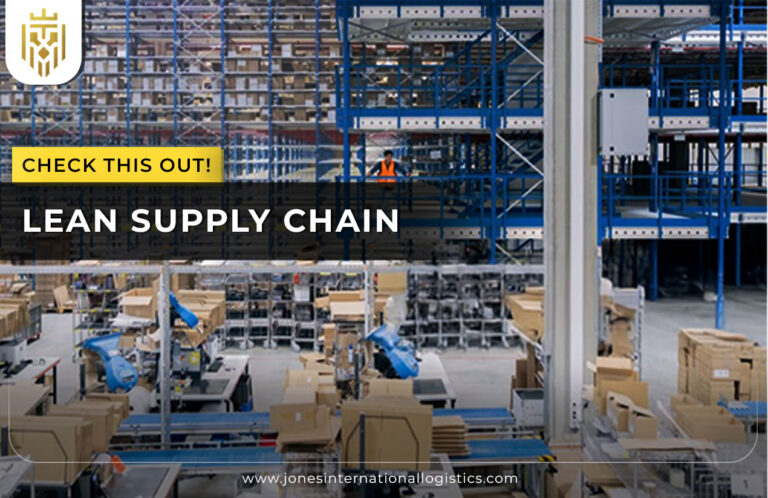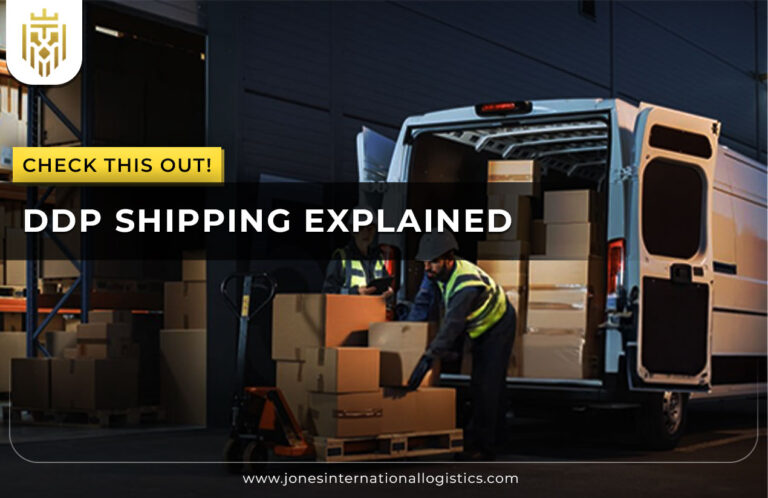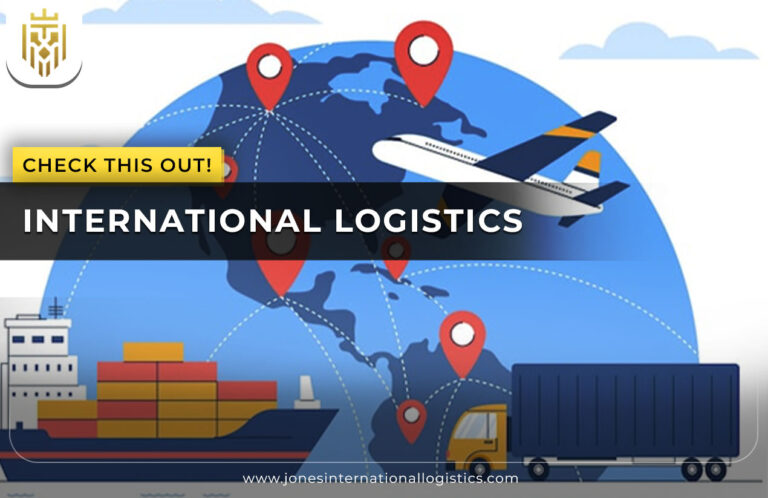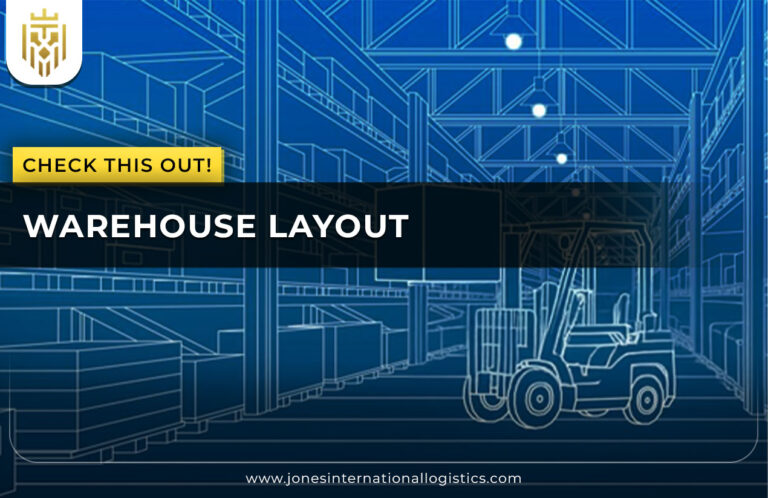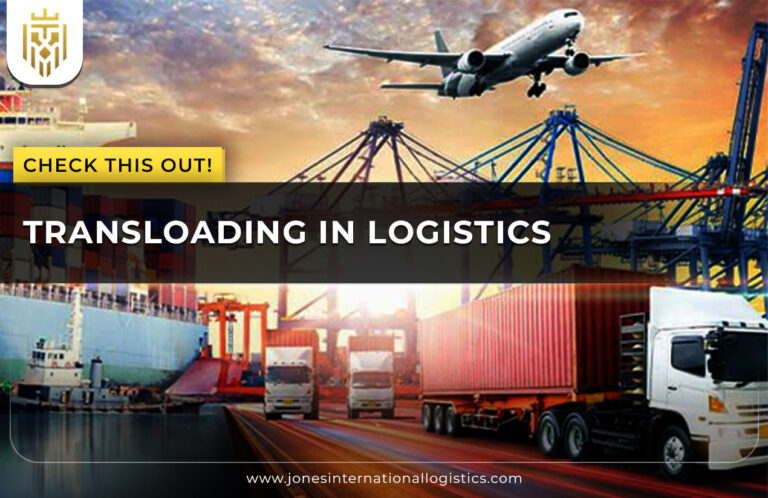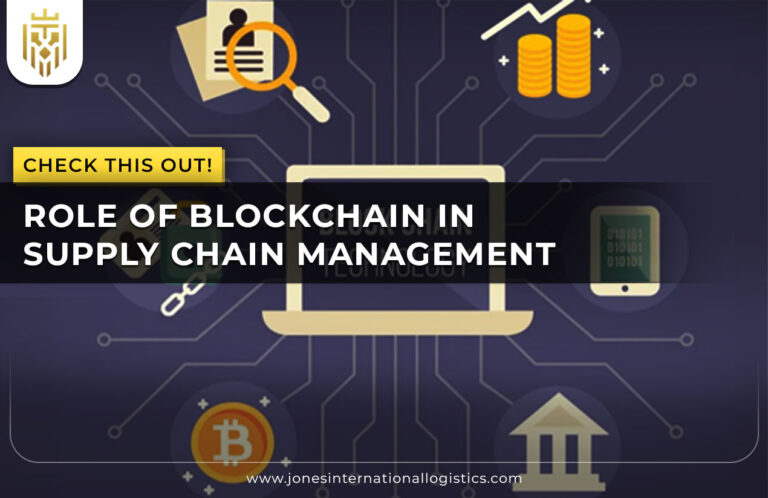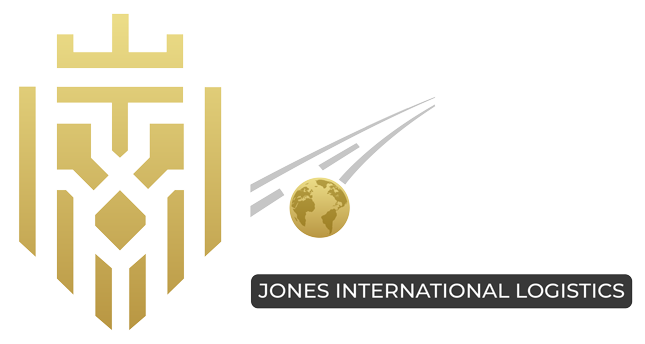Understanding Dispatch Logistics
Dispatch logistics refers to the organized coordination of goods leaving a warehouse or distribution center to reach the ultimate destination. It is the core element of supply chain management wherein the right items are delivered to the right place at the right time.
What is Dispatch Tracking?
Dispatch tracking involves monitoring the movement of goods once they’ve been handed over to the carrier. Real-time tracking systems allow both businesses and customers to track the status and location of an order throughout the entire journey.
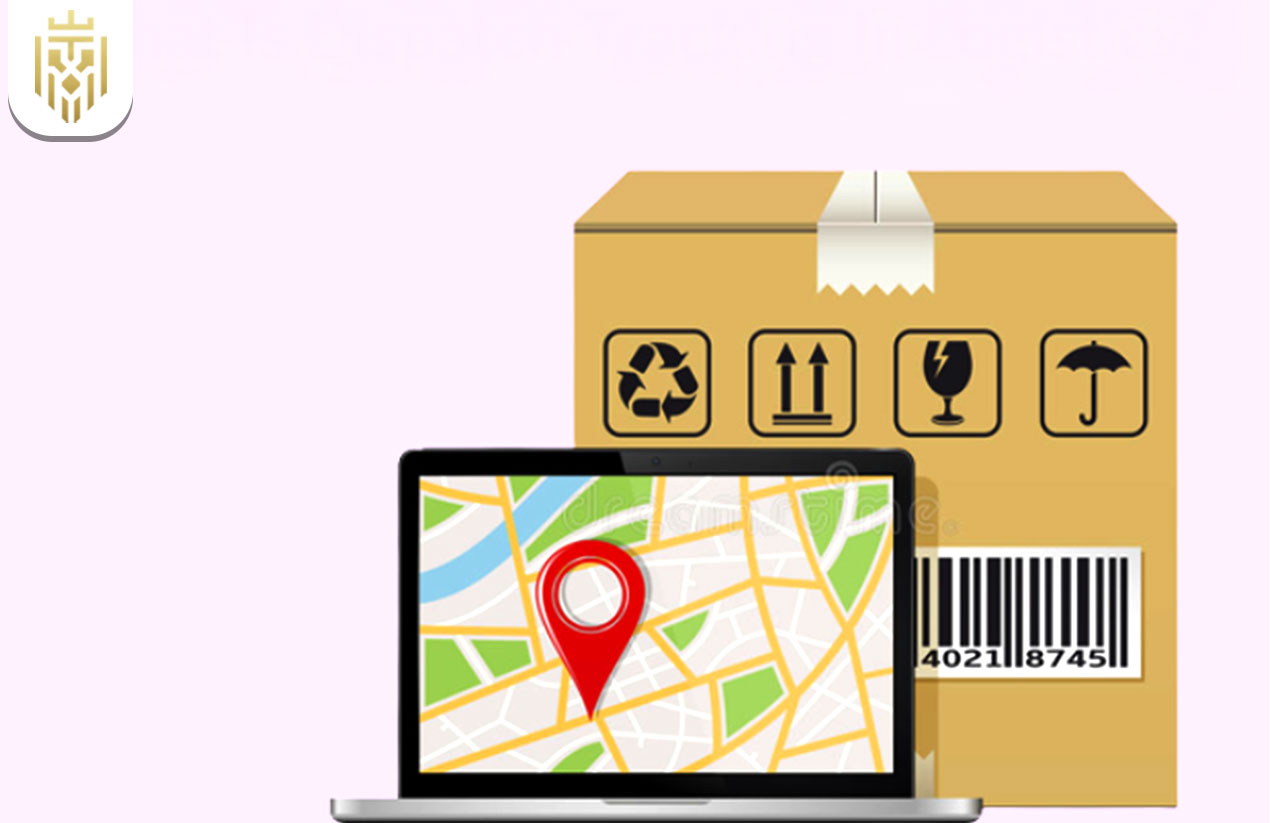
Importance of Dispatch Software
A manual dispatch soon turns out to be a mess. Dispatch software is like the digital aid to organizing deliveries, assigning tasks, and tracking vehicles. It helps in accuracy, avoids those silly human errors, and speeds up delivery operations. Using dispatch software with all the modern features like route optimization, auto-notifications, and live status updates is a must for all modern-day logistics teams.
Why is Dispatch Logistics Important?
Dispatch logistics is important because it is the last link in the customer-win chain. Dispatch is responsible for all that goes into dispatching the goods from the warehouse: timely shipment of goods, route optimization, and shipment in good condition. From the perspective of cost, it saves idle time and resources; from that of customer satisfaction, it provides reliable deliveries that customers can count on.
What is the Difference between Dispatch Logistics and Delivery Logistics?
Dispatch logistics is concerned with coordinating merchandise as it exits warehouses or distribution centers. It involves preparing orders for shipment, selecting the correct carrier, and putting shipments on their way.
Dispatch is the place where the orders get organised, packaged, and handed over for transport. Delivery is the flight itself, supervising the arrival of the package in safety and punctuality. The two are related but are in different stages of the logistics process.
Steps in Dispatch Logistics
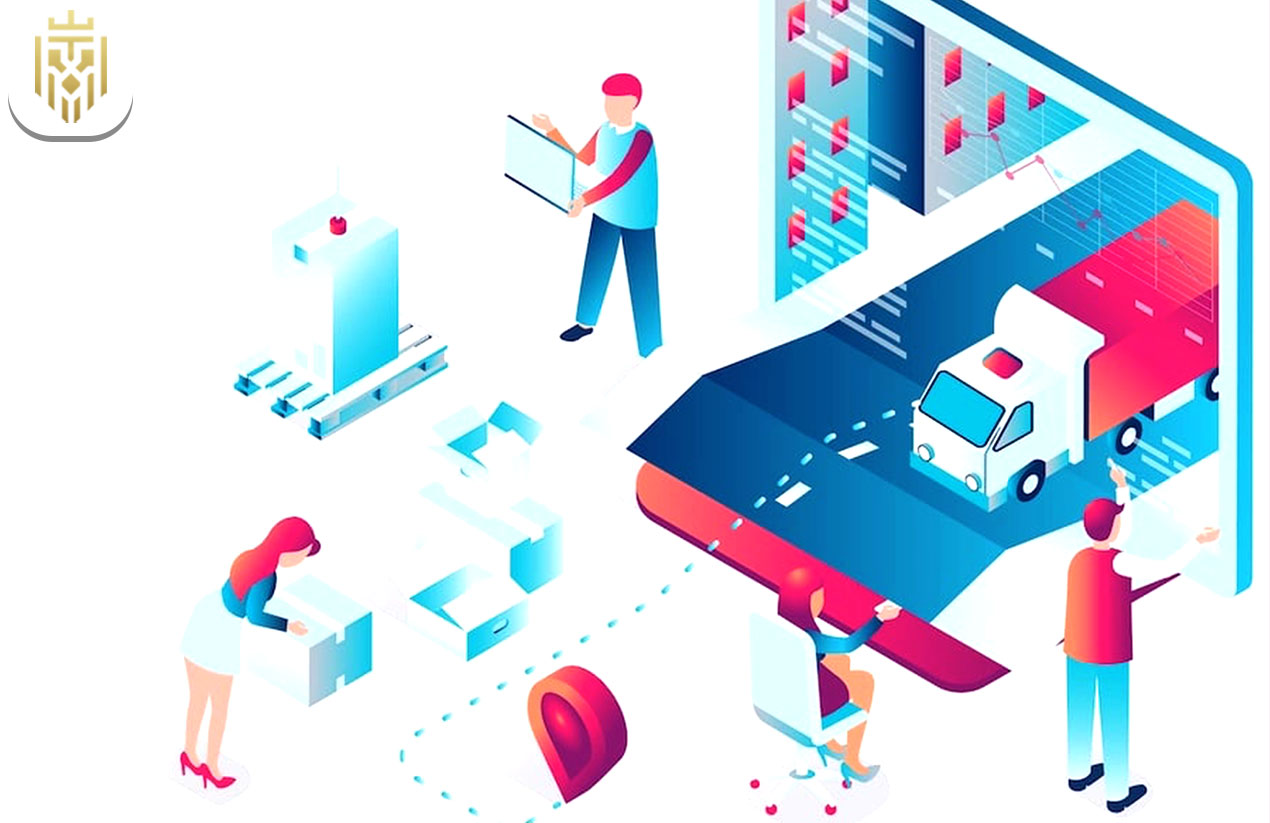
The dispatch process in logistics involves several interconnected stages. These steps help ensure orders are handled efficiently and make their way from warehouse to customer without delays.
Order Processing
Having an order placed, the system will find the product, check its level of inventory, and confirm the request. This step sets the stage for the whole series of actions to assure the system is correct from the start.
Packaging
Once the order is confirmed, packaging begins. Goods will be packed securely according to the nature of the goods and the shipping method involved. Adequate packaging will prevent damages on the way and will give some image of professionalism from the brand.
Labeling
The labelling is important for tracking and handling purposes. Packages are labelled with necessary information such as barcodes, address, and shipping info. These labels are scanned during the journey to update systems regarding the right routing.
Carrier Selection
The selection of carrier will depend on time of delivery, distance to be covered, cost, and kind of good to be carried. The right matching can, therefore, mean a great deal for the service and price.
Transport
This is when the goods leave the warehouse. Vehicles are loaded according to the route they will take and the priority of deliveries. Loading and routing in such a way that are most efficient reduce vehicle fuel consumption, delivery time, and driver fatigue.
Tracking
In the tracking stage, the shipment is monitored via GPS and logistics means dispatched software. Real-time data allow the business entity to continually track the progress and disruptions, if any, before the same could hit the customer.
Delivery
The package makes it to its final destination. A successful delivery may include a sign-off from the customer, a photograph, or some form of digital confirmation to close the order loop. Often, customer feedback is collected to evaluate the quality of service provided.
Dispatch Logistics in Different Industries
Dispatch logistics plays a unique role across a variety of sectors. While the principles remain the same, the demands and challenges can vary significantly.
E-commerce
In the e-commerce domain, speed and accuracy rule the roost. Dispatch systems must take in mass dispatches with same-day or next-day scheduled dispatches, paired with a heavy emphasis on details concerning tracking. Automation and software integration pave the way to staying ahead of the curve.
Courier & Parcel Services
Dispatch logistics for couriers demands a quick response, rigid scheduling, and planning for multiple dropoffs. It is important to be adaptive since parcels may be anything-from a tiny document to a humongous package, given the differing exigencies.
Grocery & Food Delivery
Time and freshness are another story. Dispatch must see to it that the whole process involves temperature-controlled transport, short delivery window, and sudden spikes in demand. Real-time updates on route planning and tracking play a very important role in this sector.
Healthcare & Pharmaceuticals
Herein lie accuracy and compliance. Dispatch systems have to go through arduous regulations regarding temperature, handling, and timing of delivery. Either delay or mishandling means dire consequences.
Construction & Manufacturing
It’s big machinery, it’s bulk materials, and it’s just-in-time delivery! Dispatched logistics ensure that supplies reach exactly when and where they are needed to cut downtime and keep projects on time.
Benefits of Dispatch Logistics
Businesses that invest in well-structured dispatch logistics gain a clear competitive edge. The benefits go far beyond simple cost savings.
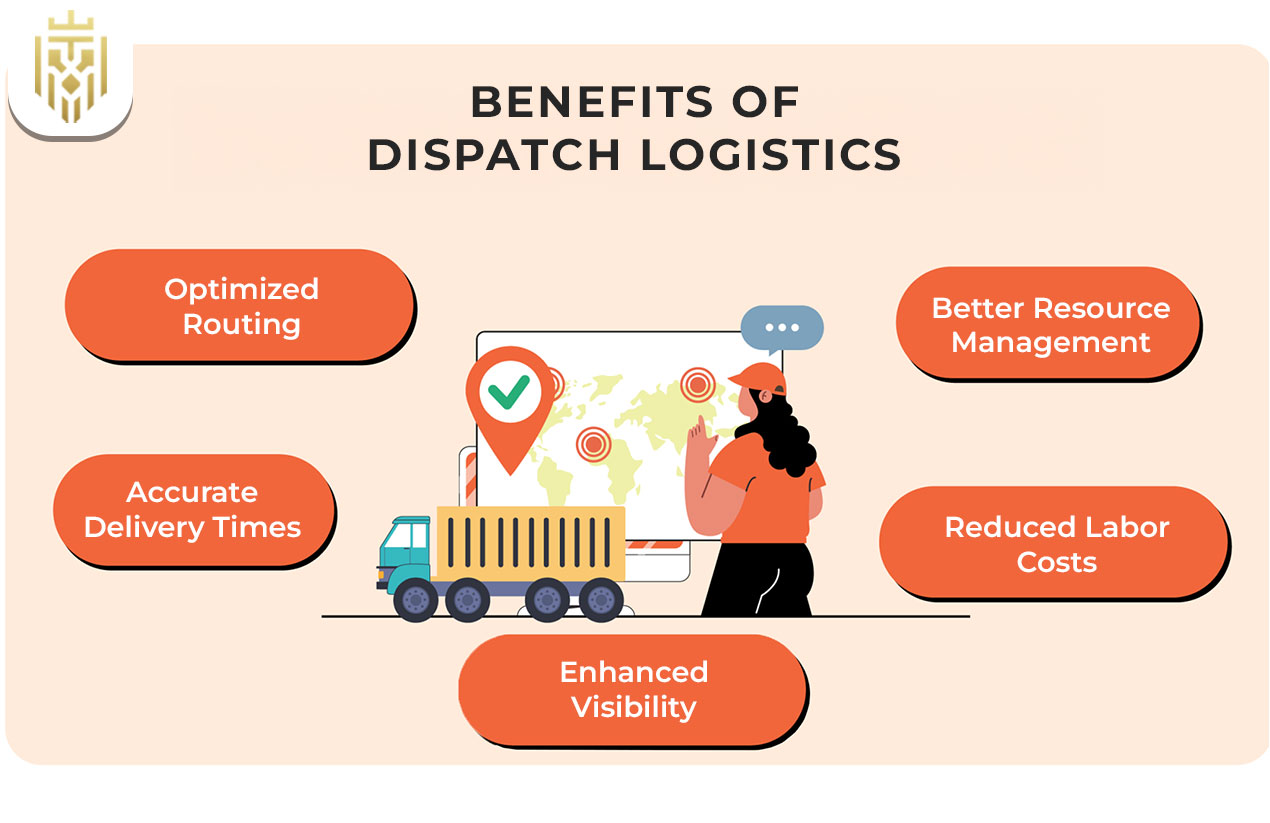
Optimized Routing
Proper routing manages to have a driver take the shortest path possible, thus conserving fuel and time. It also stops unwanted traffic congestions along the way and late arrivals against tight delivery schedules.
Accurate Delivery Times
Reliability is a big plus for clients. Dispatch logistics builds customer confidence with correct time predictions and live tracking; customers seldom complain about late or missed deliveries.
Enhanced Visibility
From the warehouse to the front door, enhanced visibility gives businesses the power to monitor the road at every stage in the entire shipment. This means that quick action is taken when problems arise and in most cases helps to remain in control of the operations.
Reduced Labour Costs
Facilitation of the operations of order processing, route planning, and tracking through the system reduces manual effort. Documents with this lead to reduced labour cost and fewer mistakes.
Better Resource Management
Also, dispatch logistics optimally utilises vehicles, personnel, and infrastructure. Less idle assets and increased optimization drag companies towards a more sustainable and profitable direction.
FAQs
1.What is dispatch Logistics?
Dispatch logistics refers to the arrangement of shipment from outbound warehouses or distribution centers to delivery sites. The process in question involves order processing, packaging, routing, tracking, and confirmation of delivery.
2.What is the difference between dispatch logistics and delivery Logistics?
Dispatch logistics pertains to the preparation and coordination of shipments exiting the warehouse. In contrast, delivery logistics concerns the actual transfer and hand-off to the customer.
3.What are the steps in dispatch logistics?
The stages of dispatch logistics include order processing, packaging, labelling, carrier selection, transport, tracking, and final delivery. Each stage is essential for timely and accurate fulfilment.
4.Why is Dispatch Logistics Important?
It is because it connects internal operations with customer experience. Efficient dispatching eliminates delays, reminds delays, inefficiency, and supports delivery that is dependable and on-time.
